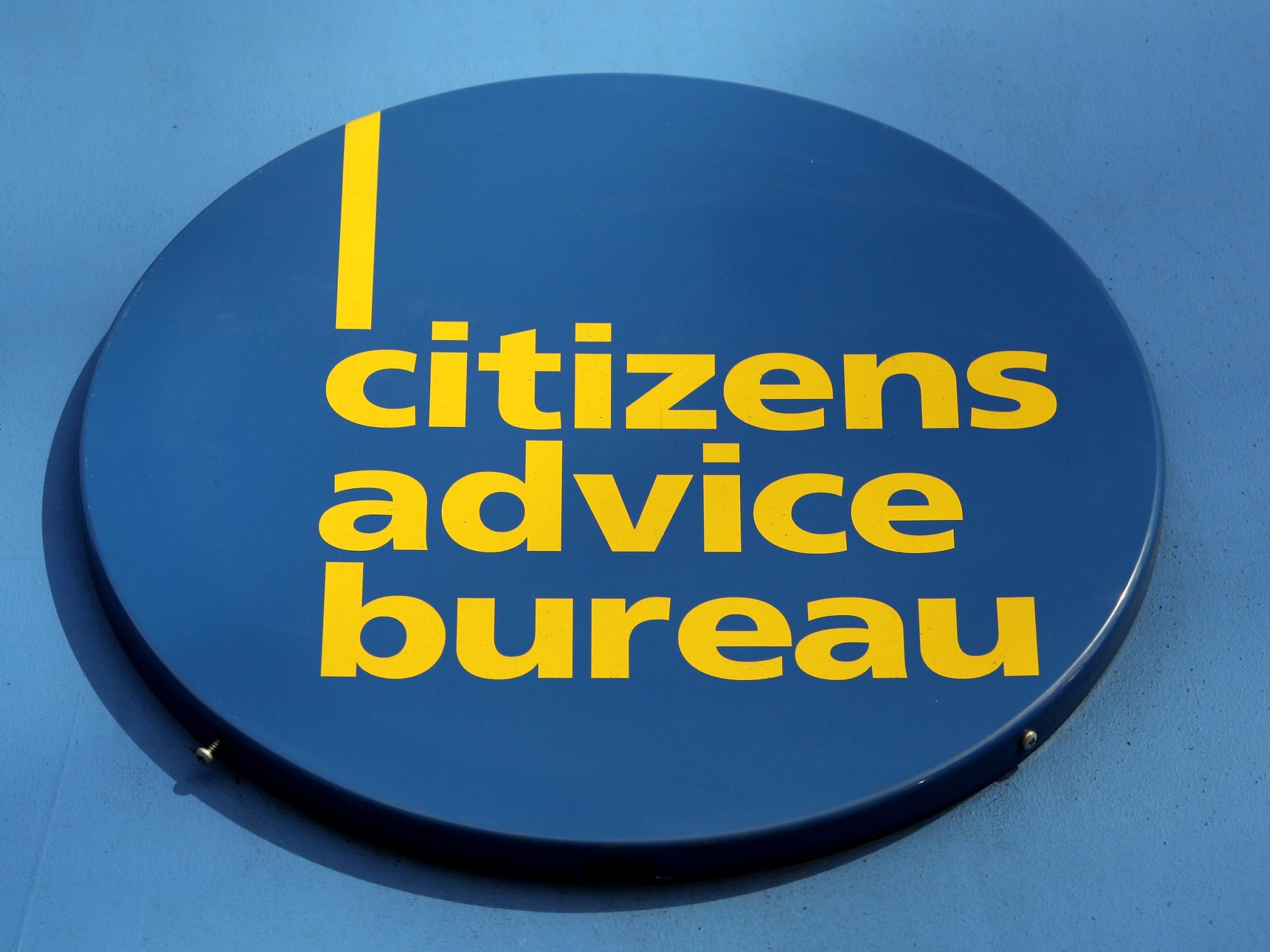Citizens Advice’s racist training on Bame communities confirmed what I always knew about UK organisations
When such backwards ‘information’ is so recklessly distributed, it’s hard to deny that discriminatory language informs organisational behaviours


“We live in a multicultural society, and racism does not exist anymore”. This is one of the several messages I received after I was invited to speak on BBC Woman’s Hour recently about how we should talk with our children about race from a very young age.
While I received many messages of support for bringing this very important conversation into the mainstream media, I also received some messages telling me that by talking about racism, I am making the problem worse. “Everyone just gets on,” one person tweeted. The very next day, I saw a slide as part of the training by Citizens Advice Bureau (CAB) titled “Barriers we find in Bame communities”. This shocked me to the core. Besides the very generalised acronym “Bame” that homogenises a broad and diverse range of people and communities, and use of language that immediately creates a feeling of “them” and “us”, this training document is filled with shocking stereotypes. Let us unravel a couple of them here.
One: “an intrinsically cash-centric culture”. Does this mean that all of us in the Bame community are motivated by money and greed? Two: “low levels of literacy”. This statement is baffling, if not highly insulting. Bame communities are considered and well known for being some of the most educated and highly qualified people, with a strong work ethic. Look around you at the Bame nurses, doctors, scientists, academics and engineers, many of whom carry the weight of the NHS on their shoulders.
I won’t unpick each point on that slide; each of the statements in this training document reek of ingrained racial bias, and the others also include massive unfounded generalisations such as: “evidence of gender bias and discrimination”, “early marriage and large families”, “society that revolves around religious belief”, and “a cultural focus on honour and shame”.
On tweeting about this, the director of external affairs at CAB, Katie Martin, sounded surprised at the accusation that this is racist. She responded: “This slide was developed on the basis of external research, but I can see how this could be misinterpreted in a broader context.”
I asked several times to see this external research but none was offered. What I was left with was the implication that this matter was open to interpretation, the suggestion being that it was “us” – the ones who took offence – who were misinterpreting it. Again, playing into the old trope that it is people of colour who overreact to these issues. But I do not see how there is any other interpretation of any of these statements, in any context whatsoever.

After being called out, CAB finally removed the training tool and apologised on Twitter. The chief executive of Citizens Advice, Gillian Guy, said: “We agree these materials are not acceptable and apologise unreservedly. We have taken them down from our website and will be investigating how this happened. Citizens Advice helps anyone, anywhere, whatever their problem. We strive to ensure our service is truly inclusive.”
But as far as I can tell, this training document has been in use since 2017, if not longer, and I am hugely shocked that this was even approved in the first place. I wonder if there is a culture of regular training and acknowledgement of their implicit biases. And I wonder if there is adequate Bame representation in such organisations, where there should be an equal and representative voice. It should not really be up to the Bame community to point out such racism.
We live in an illusion of a post-racial society, but racism is alive and well. And it is deeply embedded into many organisational cultures and practices around the country. Not only does this kind of stereotyping create a biased pipeline; perpetuate and reinforce racial stereotypes that lead to the microaggressions and racism that so many from minority communities face everyday in the workplace, but it also creates a “stereotype threat” – where the people are fearful of playing into stereotypes about their community.
Research shows how harmful stereotype-threat is to both the mental and physical health of those from Bame communities, as well as affecting their interpersonal relationships and performance in the workplace. It is hugely worrying when such racist advice gets formally built into training and organisational behaviours.
One of the points in this “advice” document from Citizens Advice Bureau is that there is a mistrust of British authorities amongst the Bame community. Have they stopped and considered that this kind of blatant racial stereotyping might be one of the reasons why?
Join our commenting forum
Join thought-provoking conversations, follow other Independent readers and see their replies
Comments
Bookmark popover
Removed from bookmarks